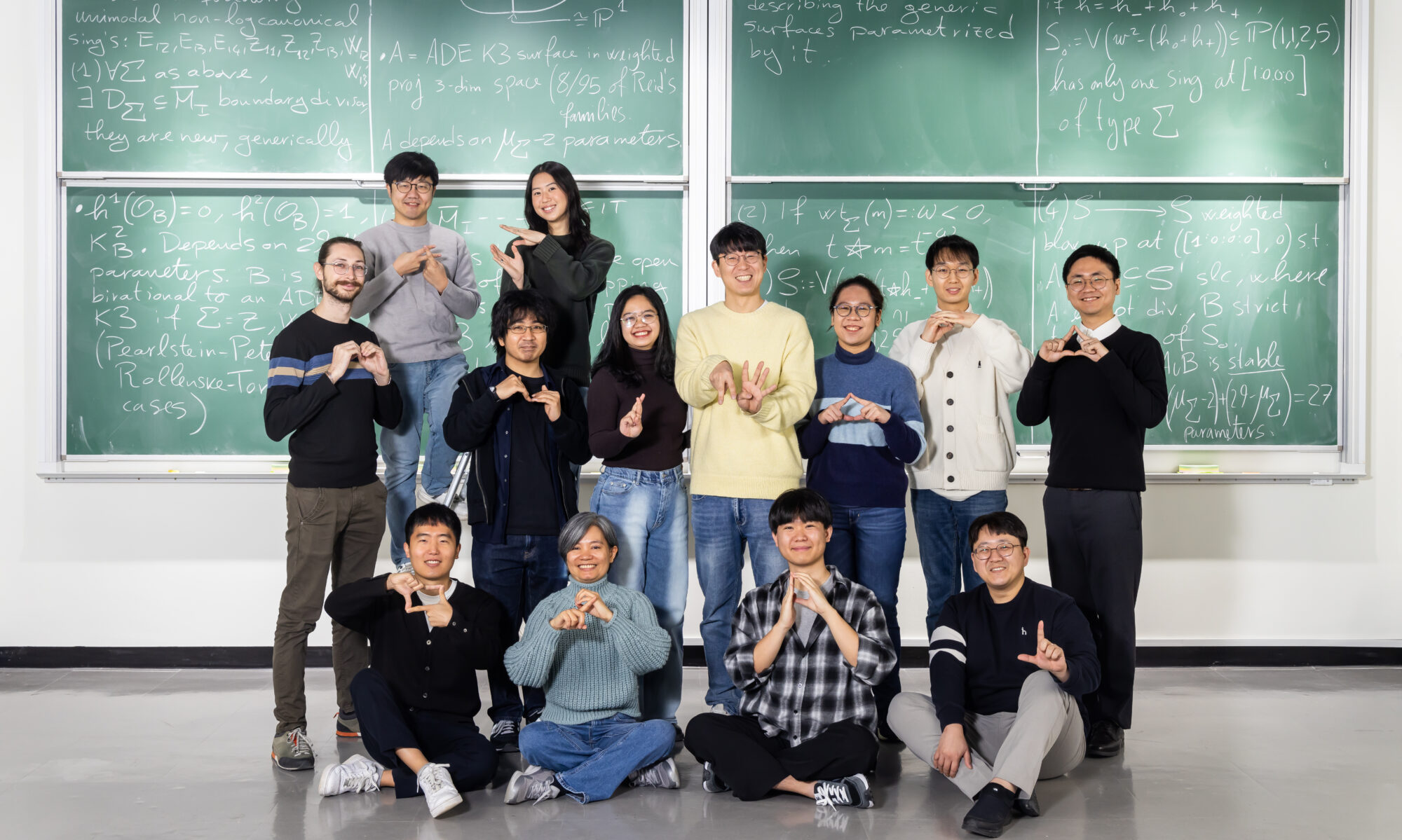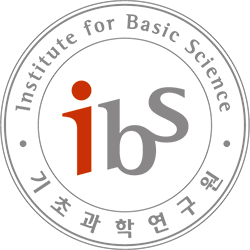
- This event has passed.
Hyun Kim, Deep learning linking mechanistic models to single-cell transcriptomics data reveals transcriptional bursting in response to DNA damage
September 13, 2024 @ 2:00 pm - 4:00 pm KST
Daejeon, Daejeon 34126 Korea, Republic of
In this talk, we discuss the paper “Deep learning linking mechanistic models to single-cell transcriptomics data reveals transcriptional bursting in response to DNA damage” by Zhiwei Huang, et. al., bioRxiv, 2024.
Zoom : https://us06web.zoom.us/j/99567630778?pwd=N2ZrUWtqZzJ0YURVTzlZT3JJR3FUQT09
Abstract
Cells must adopt flexible regulatory strategies to make decisions regarding their fate, including differentiation, apoptosis, or survival in the face of various external stimuli. One key cellular strategy that enables these functions is stochastic gene expression programs. However, understanding how transcriptional bursting, and consequently, cell fate, responds to DNA damage on a genome-wide scale poses a challenge. In this study, we propose an interpretable and scalable inference framework, DeepTX, that leverages deep learning methods to connect mechanistic models and scRNA-seq data, thereby revealing genome-wide transcriptional burst kinetics. This framework enables rapid and accurate solutions to transcription models and the inference of transcriptional burst kinetics from scRNA-seq data. Applying this framework to several scRNA-seq datasets of DNA-damaging drug treatments, we observed that fluctuations in transcriptional bursting induced by different drugs could lead to distinct fate decisions: IdU treatment induces differentiation in mouse embryonic stem cells by increasing the burst size of gene expression, while 5FU treatment with low and high dose increases the burst frequency of gene expression to induce cell apoptosis and survival in human colon cancer cells. Together, these results show that DeepTX can be used to analyze single-cell transcriptomics data and can provide mechanistic insights into cell fate decisions.

